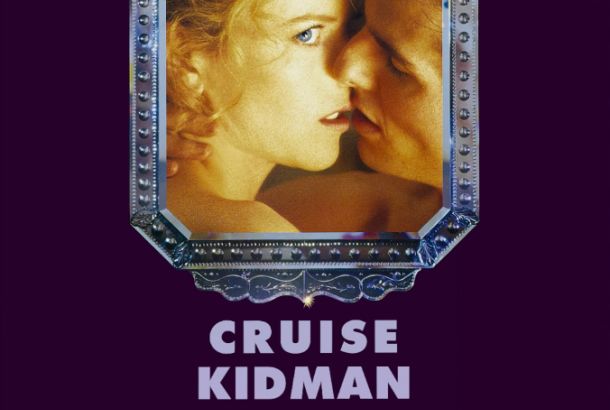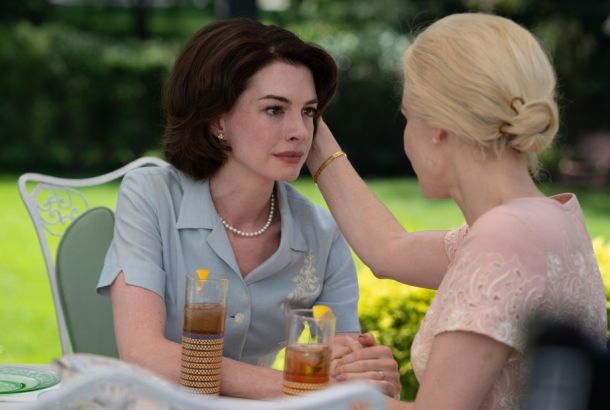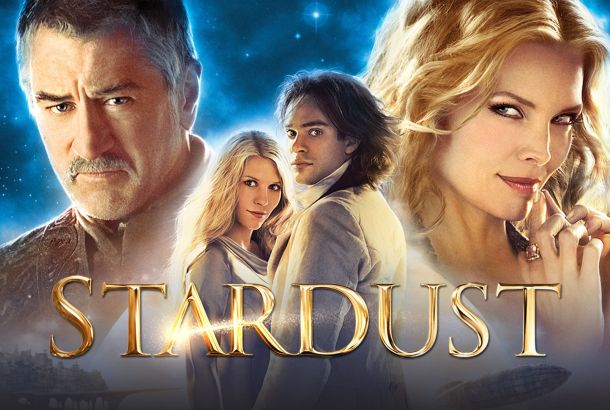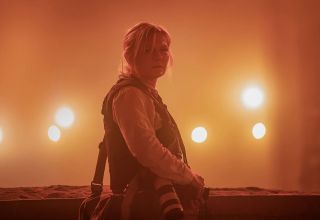Malena and the male gaze
By Evie Knight
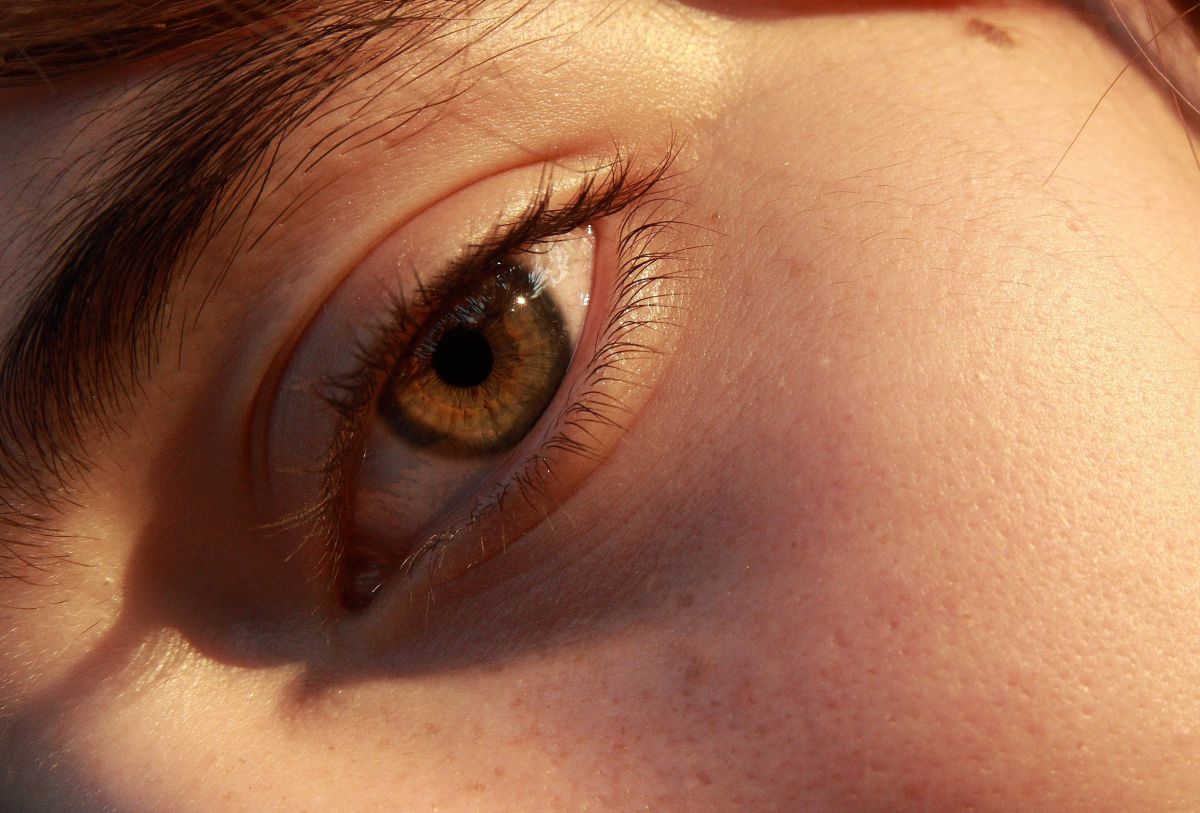
Painful and powerful, Giuseppe Tornatore’s 2000 film Malena is a composite film centred on the sexualisation of Malena Scordia (Monica Bellucci) – with a narrative that feels very real, especially in the context of Reclaim the Night. Misunderstood, it is often advertised as ‘sexy’, ‘fun’, or even ‘erotic’, when in reality Malena is a disturbing warning to all viewers.
Laura Mulvey’s theory of the Male Gaze is tangible as Malena’s story is only viewed from the perspective of the adolescent boy, Renato (Giuseppe Sulfaro). Malena is treated as the catalyst of his bizarre sexual awakening. The innocence and comedy that come from this point of view provoke a very interesting commentary on how sexual violence towards women is nurtured and normalised from a young age. Likewise, this film made me realise how damaging it is when the feminine rage is directed towards other women.
(TW: mentions of sexual violence)
Nevertheless, Malena is a beautiful film. From the same director as the much-loved Cinema Paradiso (1998), Malena has one of the best musical scores of all time. Monica Bellucci is wonderful as Malena, and although she has virtually no lines, her sadness seeps into you, reminiscent of her role in Irreversible (2002), which comments on sexual violence and rape in the most extreme and disturbing way. Set in fascist Italy in the midst of World War II, Malena’s complexity is that it is framed as a love story amidst political turmoil. Renato believes that his infatuation is love and that this love is mutual. Yet, he is really no different from the other men in the small town in Sicily, where his sexual obsession consumes him.
Malena is objectified by the film itself and everyone in it. Before we even see Malena, her body is fragmented in shots of her legs, breasts, hair, and lips as she gets ready. The boys in town ride their bicycles to go and see her, literally gazing at her as she walks past. This is the first time Renato has seen her and from here on he remains besotted. He watches her at every second, even in her most intimate moments, peeping through holes in the most voyeuristic way, observing her wash, sew, and cry. One of the most beautiful scenes is turned sour by his male gaze, as she dances with her husband’s photograph to ‘Ma l’amore no’, as the camera focuses on her legs, breasts and her slightly see-through dress, instead of her love, emotion, and melancholy.
Renato also witnesses other men ‘gazing’ at Malena. When she walks past, they seem to sniff the air, hiss under their breaths, and turn to watch her from behind, commenting on her “beautiful ass”. All Malena can do is look straight ahead and continue walking. A feeling familiar to many of us. An intriguing sentiment is made by her lawyer, turned rapist, “here is her crime: her beauty!”.
The film focuses often on adolescence and masculinity. It is not only the boys at school who joke about Malena, objectifying her constantly, but the men of the town as well. Watch Melina should provoke conversations on how society should teach boys to respect women from a young age. Especially as Renato’s sexual fantasies become increasingly detrimental, with a fetishization of female pain. He dreams of saving Malena from violence, of committing his own sexual assault against her, and worst of all, holding her naked, dead body in his arms. He takes enjoyment in such misery.
At the death of her father, Malena is forced to turn to prostitution to survive. One man provides her with food, asking for a sexual arrangement in return, to which she replies, “I can come every Thursday, as long as you bring food”. This circumstance is not out of choice or empowerment, but desperation. Malena cuts her hair short and dyes it red, perhaps in an attempt to take ownership her body. Sitting in the street with a cigarette in her mouth, she is offered many lighters all at once. This iconic scene is symbolic of her lack of choice, and the downward spiral of her life.
The most terrifying scene of the entire film, however – which continues to haunt me– is the act of female violence committed against Malena. Throughout the film, the women of the town do not try to hide their hatred and jealousy of Malena, for “stealing their men.” On the day the allies liberate Italy, they become one angry mass. Malena is dragged into the streets; she is beaten half to death, her hair is cut off, and her clothing torn to rags, as she is held down by the women of the town.
But she does not scream at the women. She screams at the men. Who is this feminine rage really directed towards? It is undoubtedly with guilt, shame, and perhaps a level of respect, that the women of the town show kindness to Malena by the end of the film.
Malena is host to an incredible commentary on how the female body is commodified to be openly gazed at. It is also indicative of how men are brought up to think about, talk about, and treat women. For me, however, the most potent emotions were conjured by the women within Malena. Their cruelty towards her was unnerving. The primary lesson we may learn from Malena is the importance of supporting one another in the face of sexual violence and discrimination.
